Deputy Minister of Industry and Trade Nguyen Sinh Nhat Tan has just signed a document to submit to the Government on the issuance of a Decree replacing Decree 83 on petroleum trading and decrees amending and supplementing Decree 83.
According to the Ministry of Industry and Trade, over the past 10 years, Decree 83 has been supplemented and amended three times to create competition in the market. However, up to now, many regulations on petroleum trading have to be reviewed and amended to meet practical needs. Therefore, it is necessary to consolidate the regulations into one decree with new contents to facilitate businesses in implementation.
The Ministry of Industry and Trade also said that along with the rapid growth in the number of key enterprises, many new problems have also emerged such as: Distributors are allowed to buy gasoline from each other, leading to the formation of a secondary market in the distribution stage (intermediary), increasing costs in this stage.
“In order to reduce State intervention in deciding on business selling prices, the new draft will approach in the direction that the State only announces the average world oil price for 15 days and some fixed costs such as foreign exchange rates, business cost and profit ratios of businesses, taxes...
The main enterprise will self-announce the maximum selling price based on the price formula prescribed by the State. The enterprise's selling price must not be higher than the maximum price according to the prescribed formula ," said the Ministry of Industry and Trade.
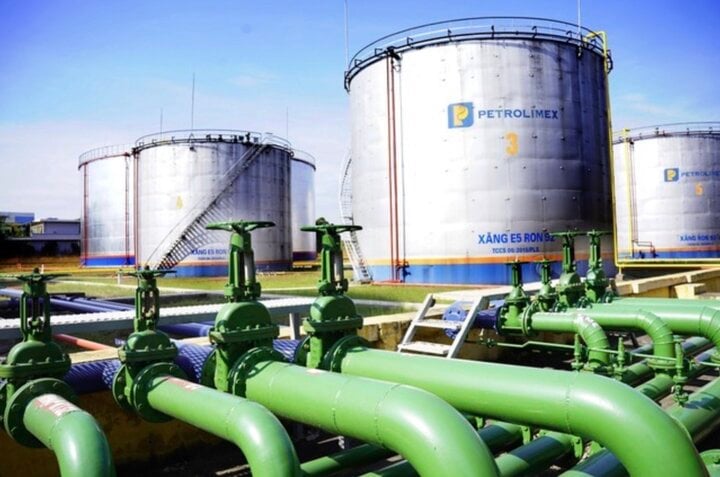
The Ministry of Industry and Trade said it will tighten the management of warehouse rentals of key enterprises.
This agency believes that allowing key enterprises to decide their own selling prices will help them compete on costs to gain market share. In particular, enterprises are allowed to sell at a lower price than the maximum price according to the price calculation formula, thereby eliminating the application of zone 2 gasoline prices by enterprises.
In case the ratio of business costs and profits of enterprises increases, the Ministry of Industry and Trade will preside and coordinate with the Ministry of Finance to report to the Prime Minister for consideration and adjustment to suit the reality. Price adjustment will be carried out periodically every 15 days.
The Stabilization Fund has many shortcomings but is still maintained.
According to the Ministry of Industry and Trade, in the process of drafting the new decree, there were opinions that the current establishment and use of the Petroleum Price Stabilization Fund was not in accordance with the provisions of the Law on Prices. Therefore, a new mechanism is needed to replace the current management mechanism and it needs to be public and transparent so that businesses can forecast and decide to announce prices according to regulations.
“To specify the provisions of the Law on Prices on stabilizing gasoline prices, the new decree will specify the cases of fund allocation and use. The Ministry of Industry and Trade will send a document to the Ministry of Finance to synthesize and report to the Government for decision on fund allocation and use,” the draft proposed.
To manage the ambiguous trading activities between enterprises, the new draft decree also adds provisions related to the fact that petroleum enterprises will continue to be allowed to rent warehouses but will be managed more strictly. Specifically, when renting warehouses, key enterprises will have to connect their petroleum storage data and petroleum business data with the Ministry of Industry and Trade. Key enterprises will have 24 months to connect data from the time the new decree takes effect.
Another notable point of the decree is that the key enterprises are responsible for implementing the total minimum petroleum source of 100,000 m3/ton of petroleum/year. This is a regulation to tighten the situation where many key enterprises are granted licenses but do not implement or are given preferential treatment in not having to implement the import quota allocation as prescribed.
Another regulation that businesses agree on is the proposal to not allow distributors to buy and sell each other's gasoline. In fact, the disruption of gasoline supply in 2022 has shown that many gasoline distributors and traders have been buying and selling gasoline in a roundabout way, causing supply disruption and making it difficult to control the supply.
Therefore, the draft decree adds a provision that distributors are only allowed to buy gasoline from the main enterprise, not from each other. The new draft also proposes three forms for retail enterprises: accepting to act as retail agents for the main enterprise or distributor; receiving the right to retail gasoline; or buying gasoline from the main enterprise or distributor to retail at stores.
Source


![[Photo] 60th Anniversary of the Founding of the Vietnam Association of Photographic Artists](/_next/image?url=https%3A%2F%2Fvphoto.vietnam.vn%2Fthumb%2F1200x675%2Fvietnam%2Fresource%2FIMAGE%2F2025%2F12%2F05%2F1764935864512_a1-bnd-0841-9740-jpg.webp&w=3840&q=75)




![[Photo] National Assembly Chairman Tran Thanh Man attends the VinFuture 2025 Award Ceremony](/_next/image?url=https%3A%2F%2Fvphoto.vietnam.vn%2Fthumb%2F1200x675%2Fvietnam%2Fresource%2FIMAGE%2F2025%2F12%2F05%2F1764951162416_2628509768338816493-6995-jpg.webp&w=3840&q=75)
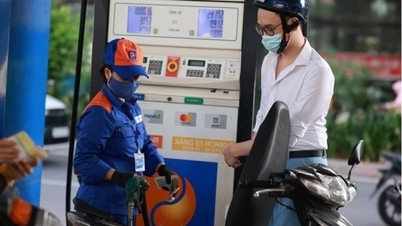

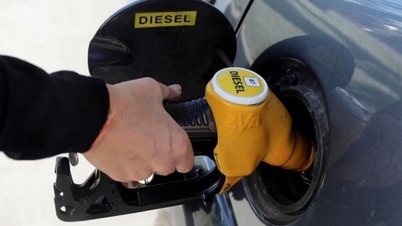
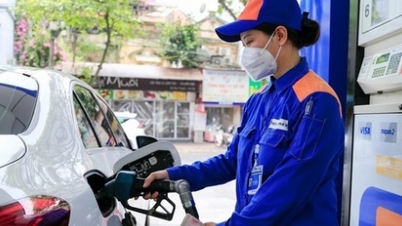

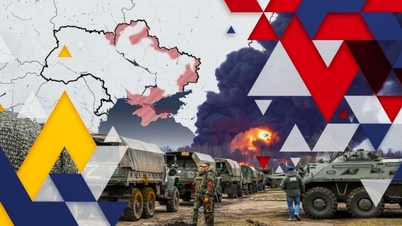
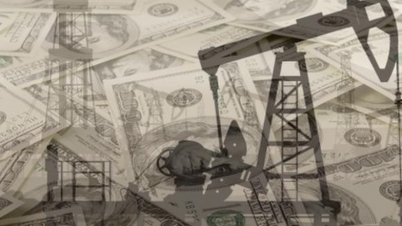

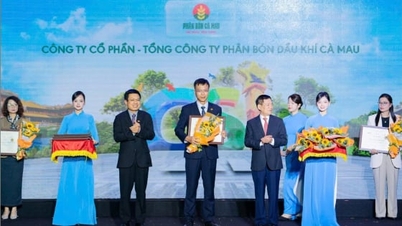

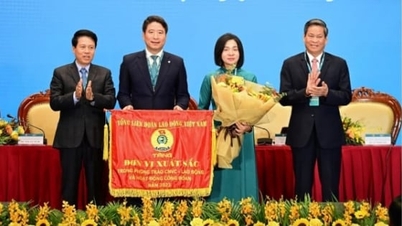
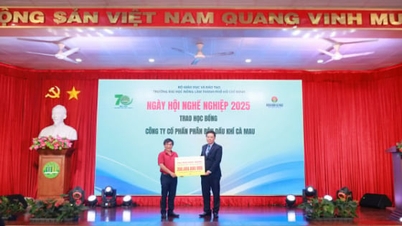








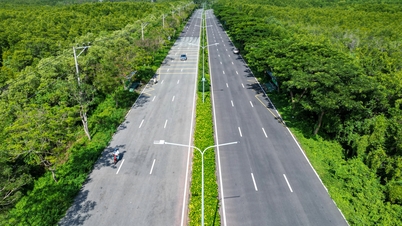



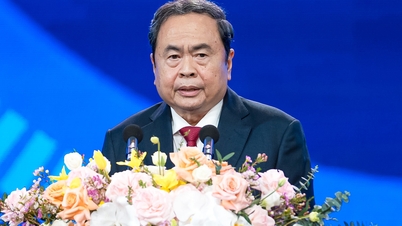
















































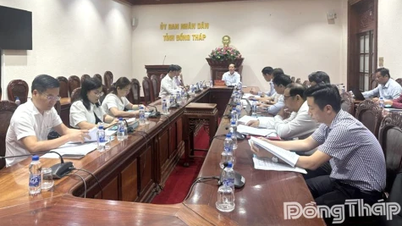



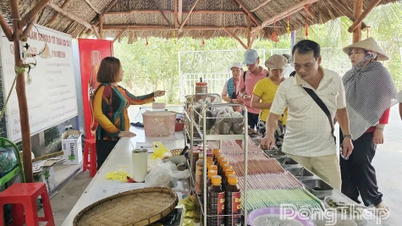
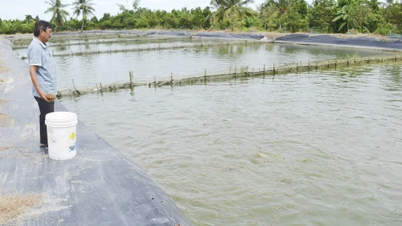
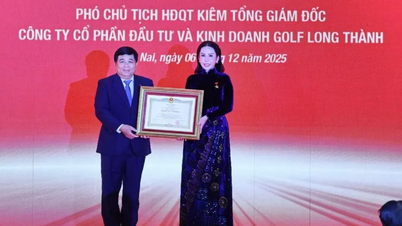



















Comment (0)